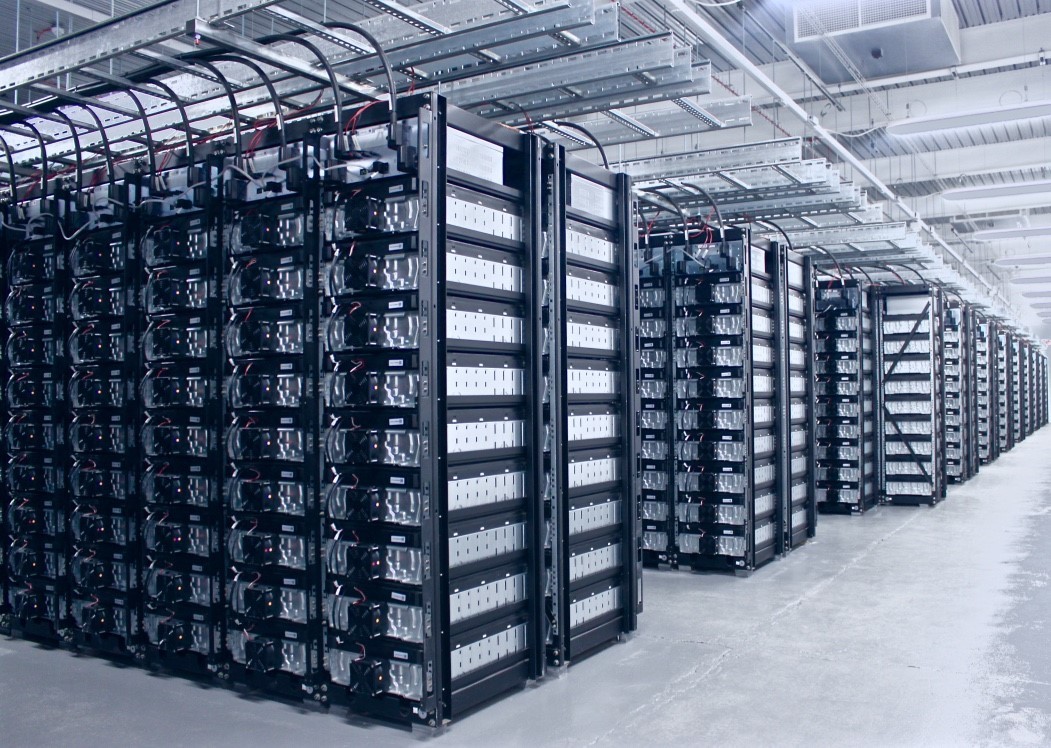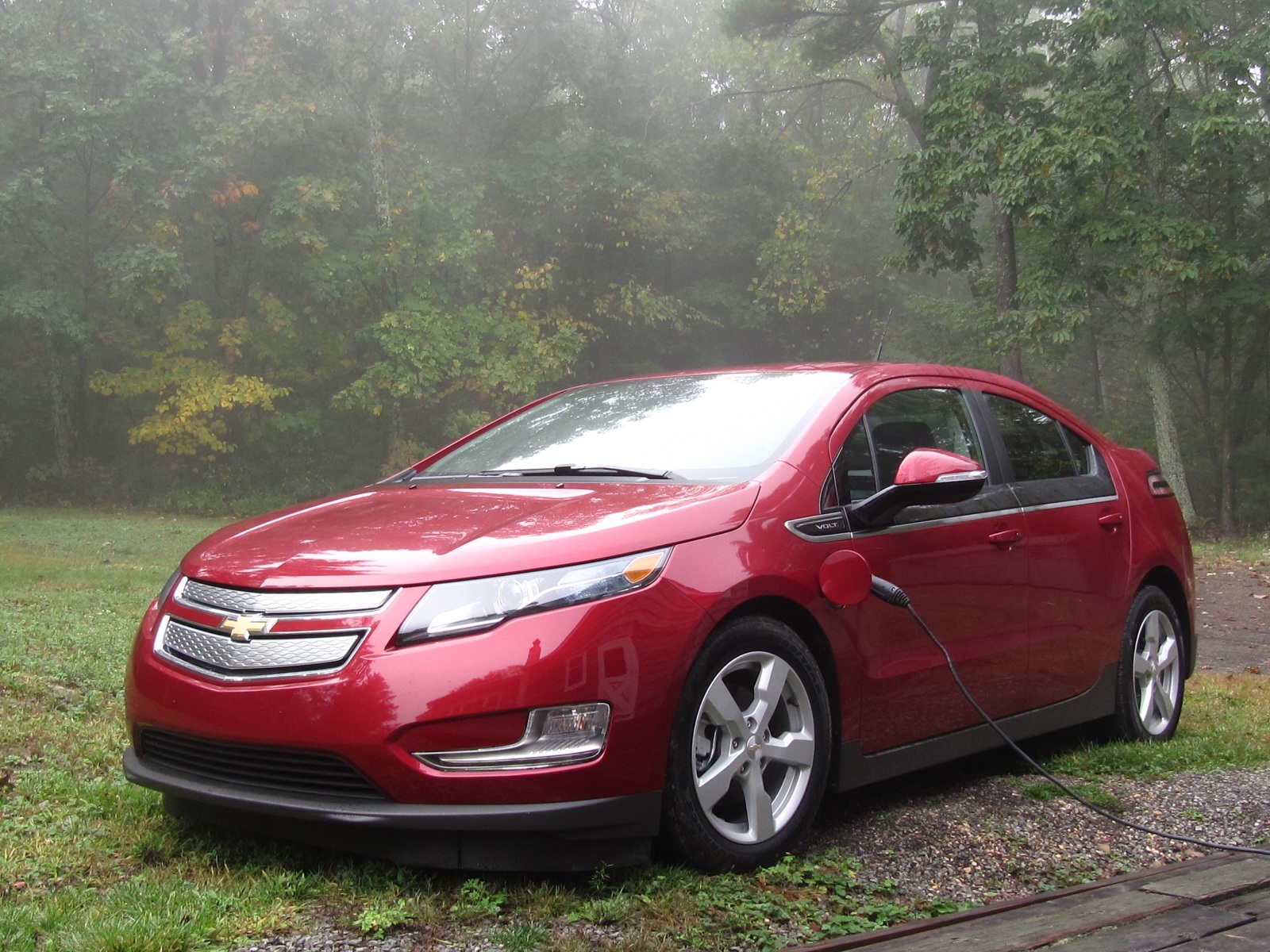StealthP3D
Well-Known Member
I see a lot of improvements in the last year. At first when the communication channel transitioned to being 100% through the Tesla app, it was a bit unclear how to contact service, which caused some months of confusion. Now we know that if you need service, you book an appointment, Tesla triage the request and contact you back, usually same day, then if possible solve with a Ranger appointment (or remote diagnostic). I had one booked last week on Friday for a loose wheel-arch trim, got a call on Thursday from the Ranger who "had some spare time, was in the area and could pass by, do it today", to which my answer was "sure!"
Since when did things like this ever get resolved sooner than planned, it's top-notch service, and having the foresight to have the necessary parts in the ranger's car (MCRed P85) ahead of time is smart
I also suspect that we here in this forum have probably experienced the worst of Tesla Service in the past, not least because many of us were early adopters, early build cars which needed some attention more than would be considered normal, also during the period when the company was scaling fast and through long periods of parts shortages, so our perceptions are skewed somewhat negatively. On Twitter, I interact with a lot of Tesla owners who've bought their car in the last three years and other than accident repairs, seems very few require any service these days. The build quality of the cars is way ahead of where it was
Well said! We've been amazed at the service but I can't say we have much experience, even after owning two cars for over three years. Mostly stuff like installing new tires or upgrading our FSD computers at no charge ( both times they contacted us and requested we schedule it). Last month they replaced the under-fairing after I tore it off the mounts on snow plow debris. They replaced it quickly, with smiles and at no charge (I definitely wasn't expecting that)!
I have no doubt some peoples experience is less than perfect because there is no way every experience is going to perfect. It's impossible, the best Tesla or any company can do is to try their best. There are going to be disagreements about who did what, who scratched this, who dented that, the goal is to keep them to an absolute minimum. Just as some auto dealerships are crooked and try to skate from problems of their own making, some customers are less than honest and try to get the company to fix things they didn't do (by claiming the small scratch or dent to their otherwise perfect car wasn't there when they brought it in or some other such nonsense). It's important to realize the customer isn't always right.
Tesla is a pragmatic company and wants to provide fair and honest service at an affordable price. Their goal is not to make money on service. Unlike legacy auto dealerships who have dealerships that exist to make a profit for their small business owners (and sometimes it's not such a small business with the modern 'auto groups'), Tesla Service Centers only exist to serve the buyers of their vehicles, they do not try to make as much profit as possible (or indeed, any profit at all). The profit comes from the sale of new cars so they have to keep their customers happy. But that doesn't mean they have to act like every customer is always right. In fact, I'm glad they don't because we would all pay for that.
So, the question becomes, where does Tesla draw the line? How do the managers of Tesla Service Centers decide when to perform free work and when to bill the customer? This is an important question because it determines how much paid service will cost. We would all pay more if Tesla just assumed every customer was always right. Currently, Tesla does not have lower rates than legacy dealerships, at least not dramatically so at this time. And that's because a new entrant to the market that is growing as quickly as Tesla has a very low ratio of paid work/free work. The average age of their fleet is still very young and within warranty so the economies of scale for Tesla to provide low cost paid service simply aren't there yet.
That said, it's not in Tesla's best interest to "cheap out" and refuse repair when they are logically responsible. I'm pretty sure they have given their Service Managers a very straight-forward and sensible policy to follow. I'm guessing it's about what you would expect it to be: If Tesla is at fault, or it's likely that Tesla is at fault, repair/replace for free with a smile. If Tesla is likely not at fault, charge for the repair/replacement. Of course Service Managers are human to so this involves some subjectivity as to who's likely to be at fault. The good thing is that, unlike just about every dealership out there, Tesla Service Managers do not have to hit certain financial targets to earn a fair salary and they will not get paid more if those financial goals are exceeded. So, they are not incentivised to cheat and lie like most legacy auto service managers are. It's never going to be perfect, but it's a lot better than what's already out there and as the out-of-warranty/in warranty ratio continues to grow, we can expect Tesla to offer ever-increasing industry-leading value when your car needs non-warranty service or repair.
There will always be a few "squeaky wheels" who loudly proclaim how unfairly they've been treated but Tesla doesn't have a lot of incentive to not try to operate in a fair and pragmatic manner. So, when I hear the typical "horror service story" I take it with a larger grain of salt vs. similar stories at legacy dealerships that have more monetary incentive to screw the customer. In both cases it's possible the customer is being reasonable but, in my experience, Tesla Service Centers are far more pragmatic and reasonable than dealerships.




